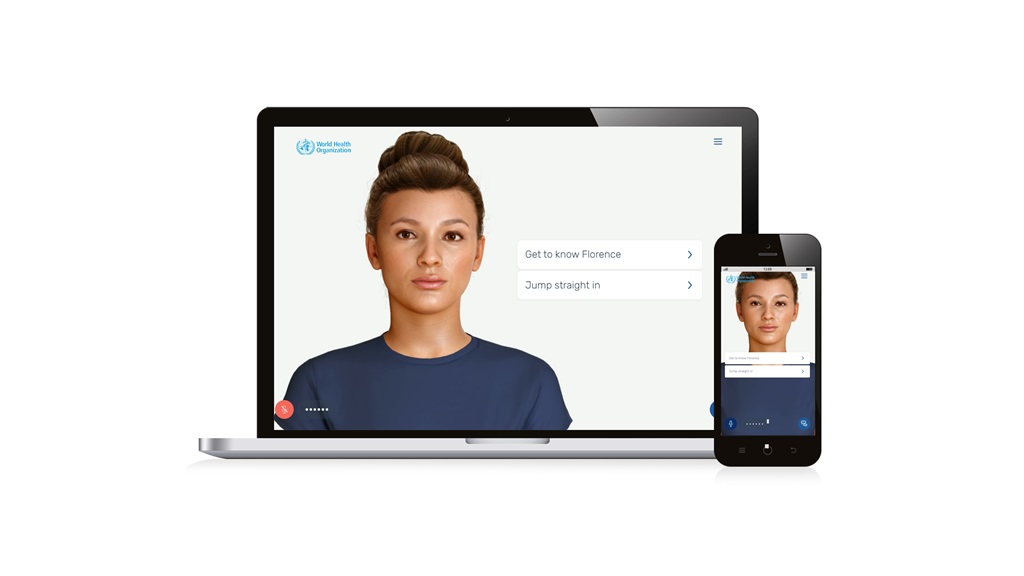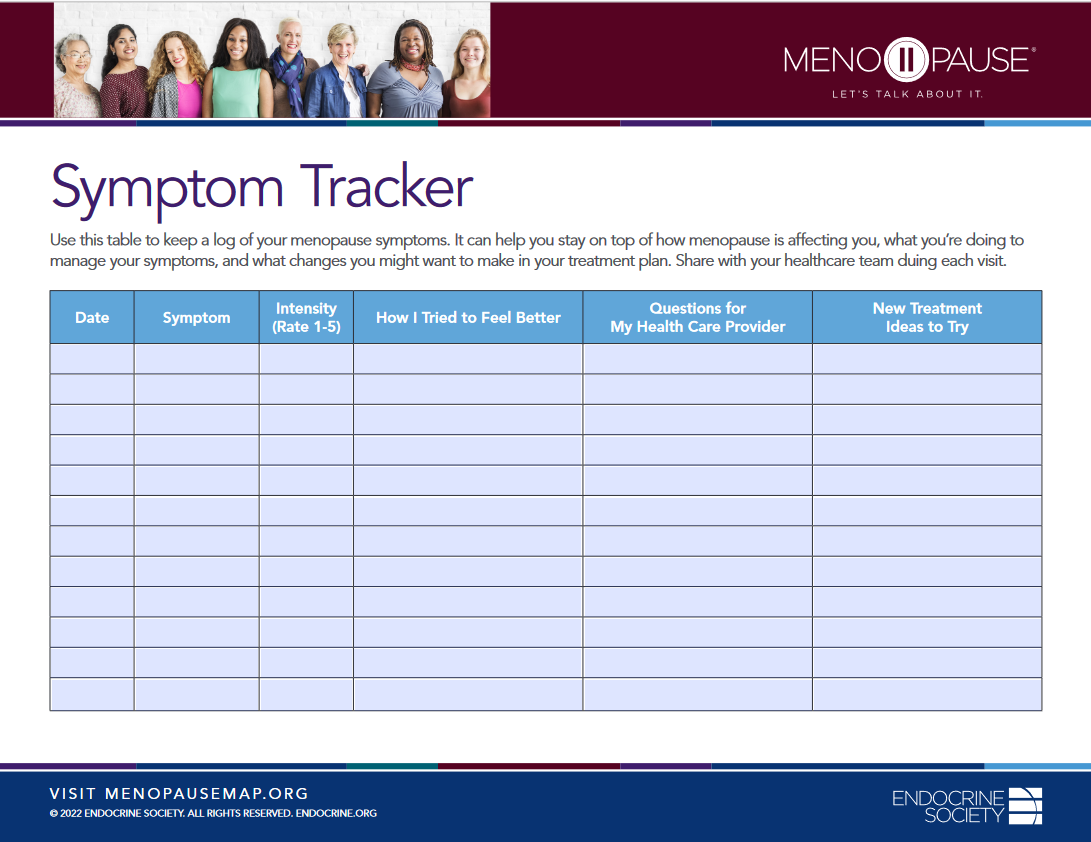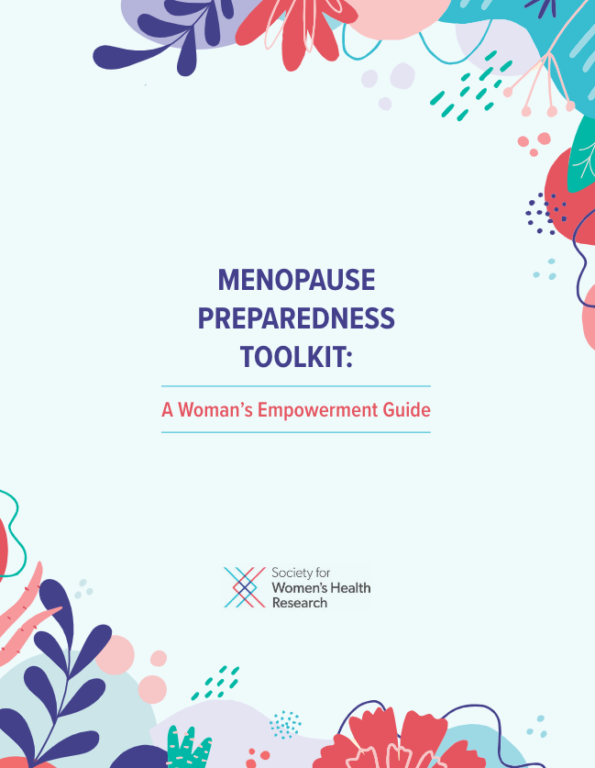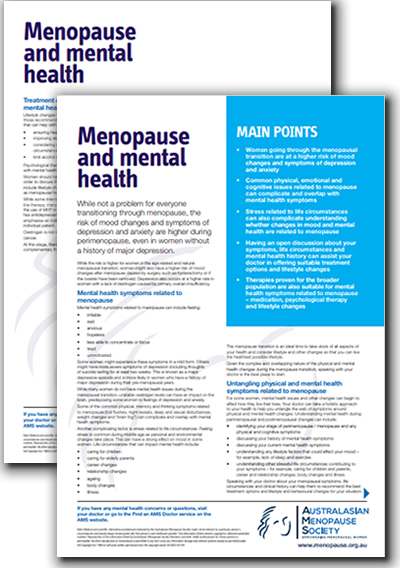“Cognitive behavioural therapy (CBT) is a talking therapy
that can help you manage your problems
by changing the way you think and behave”.1
Umbrella
What may the Cognitive Behavioural Therapy Umbrella include?
Depending on the Source (DotS) this Umbrella may include:
- Cognitive Behavioral/Behaviour/Behavioural Therapy (CBT)
- Mindfulness Based Cognitive Therapy (MBCT)
- Mindfulness Based Stress Reduction (MBSR)
Definition
What is cognitive behavioural therapy (CBT)?
DotS the definition of CBT may vary. The (United Kingdom) NHS’s definition is:
It’s most commonly used to treat anxiety and depression, but can be useful for other mental and physical health problems”.2
The (United States) National Alliance on Mental Illness’ (NAMI) definition is:
On page one in Cognitive Behaviour Therapy (CBT) for Menopausal Symptoms the (British) Women’s Health Concern’s (WHC) definition is:
Treatment
What may CBT be used to treat?
In Psychotherapy: Popular Types of Psychotherapy – Cognitive Behavioral Therapy the NAMI:
 “Studies of CBT have shown it to be an effective treatment for a wide variety of mental illnesses, including depression, anxiety disorders, bipolar disorder, eating disorders and schizophrenia. Individuals who undergo CBT show changes in brain activity, suggesting that this therapy actually improves your brain functioning as well”.5
“Studies of CBT have shown it to be an effective treatment for a wide variety of mental illnesses, including depression, anxiety disorders, bipolar disorder, eating disorders and schizophrenia. Individuals who undergo CBT show changes in brain activity, suggesting that this therapy actually improves your brain functioning as well”.5In Cognitive Behavioural Therapy (CBT): Overview – Uses for CBT the NHS elaborate on:
- Bipolar Disorder
- Borderline Personality Disorder
- Eating Disorders – such as anorexia and bulimia…
- Obsessive Compulsive Disorder (OCD)…
- Panic Disorder…
- Phobias…
- Post-Traumatic Stress Disorder (PTSD)…
- Psychosis
- Schizophrenia
- Sleep Problems – such as insomnia…
- Problems related to alcohol misuse…
CBT is also sometimes used to treat people with long-term health conditions, such as:
- Irritable Bowel Syndrome (IBS)
- Chronic Fatigue Syndrome (CFS)
- Fibromyalgia
- Chronic pain
Although CBT cannot cure the physical symptoms of these conditions, it can help people cope better with their symptoms”.6
How
How does CBT work?
In Psychotherapy: Popular Types of Psychotherapy – Cognitive Behavioral Therapy the NAMI:
In Overview – Cognitive Behavioural Therapy (CBT): How CBT Works the NHS elaborate on:
You’re shown how to change these negative patterns to improve the way you feel”.8
Different Differences
How is CBT different from some other talking treatments?
The NHS explain:
It looks for practical ways to improve your state of mind on a daily basis”.9
Anxiety
Can CBT be used to help manage anxiety?
In Managing Anxiety: Cognitive Behavioural Therapy the JH explain:
CBT may involve learning:
- The difference between productive and unproductive worrying
- How to let go of worries and get better at problem-solving
- How to think more positively about yourself and your life
- Relaxation and breathing techniques to manage anxiety
- How to face your fears rationally.
There are many ways to learn about CBT (e.g. online programs), but you will get the most out of your therapy if you work with a therapist. Therapists who are trained in CBT can tailor a program to meet your individual needs”.10
NICE Draft Updated Guideline, 17 November 2023
What do the National Institute for Health and Care Excellence (NICE) recommend in their NICE Draft Updated Guideline Recommends More Treatment Choices for Menopause Symptoms?
In NICE Draft Updated Guideline Recommends More Treatment Choices for Menopause Symptoms, dated 17 November 2023, the NICE elaborate on:
It was also found to help sleep problems related to menopause, including, how long it takes to fall asleep and how long before waking”.11
Hot Flushes
Is CBT effective in managing hot flushes?
In Managing Your Symptoms: Managing Hot Flushes and Night Sweats – Reduce Stress the (Australian) Jean Hailes for Women’s Health (JH) note:
On page five in Cognitive Behaviour Therapy (CBT) for Menopause Symptoms: CBT for Hot Flushes the WHC elaborate on:
 “CBT for hot flushes focuses on the links between physical symptoms, thoughts, feelings and behaviour. The way we think about symptoms in certain situations tends to affect the emotions we feel and what we do, and these reactions can in turn increase intensity of the hot flushes”.13
“CBT for hot flushes focuses on the links between physical symptoms, thoughts, feelings and behaviour. The way we think about symptoms in certain situations tends to affect the emotions we feel and what we do, and these reactions can in turn increase intensity of the hot flushes”.13In Harness the Power of Your Mind To Beat Hot Flushes: It’s the Symptom That Plagues So Many Menopausal Women — and Now Here’s A Drug-Free Way That’s Proven To Tackle It the authors elaborate on:
Health Care Provider
What if I think I could benefit from CBT?
If you would think you could benefit from CBT, it may be in your best interest to choose to talk to your health care provider about this. Together you can discuss your options and if required, agree on who may be the most appropriate health care provider to help you.
In Cognitive Behavioral Therapy: Overview the (United States) Mayo Clinic elaborate on:
Health Topics A-Z
Where may I find Health Topics A-Z related to Cognitive Behavioural Therapy?
In Health Topics A-Z you may find:
Links
Where may I find Links related to Cognitive Behavioral Therapy?
Your Country may have Links similar to:
Links
This Links List to third party websites is neither comprehensive nor exhaustive. Inclusion on this Links List does not imply endorsement or recommendation. Non-inclusion on this Links List does not imply non-endorsement or non-recommendation. Third party websites are not under the control of Meno Martha International Menopause Directory. Third party websites may contain explicit medical images and/or sexual references. Please read Meno Martha International Menopause Directory’s Links Policy before proceeding to a Link. Please contact Webmaster if you experience a problem with a Link.New or Updated
- Cognitive Behaviour Therapy (CBT) for Menopausal Symptoms
- Menopause Treatments: What Works, What Doesn’t – Cognitive Behavioural Therapy (CBT) and Mindfulness
- Menopause: Why Psychological Therapy Is Now Being Recommended for Hot Flushes
- Therapy Could Be Effective Treatment for Non-Physical Symptoms of Menopause [28 February 2024]
- Webinars: Previous – Non-Pharmacological Interventions For VMS
- What Is Cognitive Behavioral Therapy? [05 June 2024]
- A Pragmatic Approach To the Management of Menopause
- ACOG Explains: Managing Menopause Symptoms [American College of Obstetricians and Gynecologists]
- Anxiety Self-Help Guide
- Association for Behavioural and Cognitive Therapies [United States]
- BMS TV: Menopause Explained
- British Association for Behavioural & Cognitive Psychotherapies [United Kingdom]
- CBT | Therapy Worth Talking About [Multiply Languages]
- Cognitive Behavioral Therapy for Menopausal Symptoms
- Cognitive Behaviour Therapy (CBT)
- Cognitive Behaviour Therapy (CBT)
- Cognitive Behaviour Therapy (CBT) for Menopausal Symptoms
- Emerging Research In the Management of Menopausal Symptoms
- Emotional Wellness In Menopause
- Find A Menopause Practitioner [United States and Other]
- Find An AMS Doctor [Australasian Menopause Society i.e. Australia and New Zealand]
- Find Your Nearest BMS Menopause Specialist [British Menopause Society]
- Harness the Power of Your Mind To Beat Hot Flushes: It’s the Symptom That Plagues So Many Menopausal Women — and Now Here’s A Drug-Free Way That’s Proven To Tackle It
- Hot Flashes: What Can I Do? [+ Video: What Are the Signs and Symptoms of Menopause?]
- How It Works – Cognitive Behavioural Therapy (CBT)
- How Mindfulness Meditation Improves Mental Health
- Information for Partners
- Impact of the CBT-Meno Protocol on Menopause-Specific Beliefs, Dysfunctional Attitudes, and Coping Behaviors
- Is Cognitive Behaviour Therapy An Effective Option for Women Who Have Troublesome Menopausal Symptoms?
- Joint Position Statement By the British Menopause Society, Royal College of Obstetricians and Gynaecologists and Society for Endocrinology on Best Practice Recommendations for the Care of Women Experiencing the Menopause
- Later Years (Around 50 Years and Over): Menopause and Post Menopause Health – Menopause and Your Mental Wellbeing [+ Video: Menopause Only Affects You Physically!] [Other Languages and Formats]
- Later Years (Around 50 Years and Over): Menopause and Post Menopause Health – Signs and Symptoms of Menopause [+ Video: Talking Menopause With Your GP] [Other Languages and Formats]
- Later Years (Around 50 Years and Over): Menopause and Post Menopause Health – Supporting Someone Through the Menopause [+ Video: Men Don’t Need To Know About Menopause] [Other Languages and Formats]
- Looking After Yourself
- Managing Menopause
- Managing Your Symptoms
- Mastering Midlife Mood Changes With Marlene Freeman, MD
- Mayo Clinic Minute: Help With Hot Flashes Due To Menopause [+ Video Courtesy: Mayo Clinic News Network]
- Meet Florence 2.0, She Can Give You Advice on A Healthier Lifestyle and Mental Health [Multiply Languages]

- Menopause
- Menopause
- Menopause
- Menopause
- Menopause Management Options
- Menopause Map: Downloadable Resources – My Personal Path Print Tools: Questions for Your Health Care Provider

- Menopause Map: Downloadable Resources – My Personal Path Print Tools: Symptom Tracker

- Menopause Mindfulness: A Personal Toolkit for Menopause Preparedness
- Menopause Patient Information [Videos] 1. What Is Menopause?
- Menopause Patient Information [Videos] 2. Talking To Your GP About Menopause
- Menopause Patient Information [Videos] 5. Lifestyle Advice In Menopause & Perimenopause
- Menopause Preparedness Toolkit Video Series: Mindfulness & Wellbeing During the Menopause Transition
- Menopause Preparedness Toolkit Video Series: Treating Vasomotor Symptoms of Menopause
- Menopause Preparedness Toolkit Video Series: What Is Menopause?
- Menopause Preparedness Toolkit: A Woman’s Empowerment Guide

- Menopause Symptoms: Mayo Clinic Expert Outlines Hormone and Nonhormonal Therapies
- Menopause Treatments: What Works, What Doesn’t – Cognitive Behavioural Therapy (CBT) and Mindfulness
- Menopause and Mental Health
- Menopause and Your Mental Wellbeing
- Menopause, Perimenopause, Hormone Therapy and Other Treatments With Madelyn Butler, MD [Podcast]
- Menopause: Diagnosis and Management [NICE National Institute for Health and Care Excellence Draft Guideline]
- Menopause: Ensuring A Tranquil Transition
 Menopause: Things You Can Do
Menopause: Things You Can Do- Menopause: Understanding the Changes and Finding Relief | Dr Susan Davis | The Proof Podcast EP 256
- Mindfulness Exercises
- Mood and the Menopause
- Mymenoplan.org [My Menoplan, United States]
- NICE Draft Updated Guideline Recommends More Treatment Choices for Menopause Symptoms [17 November 2023]
- Navigating Menopause: Expert Insights and Solutions | Dr Susan Davis | The Proof Podcast EP 245
- New Generation Psychological Treatments In Chronic Pain
- Nonhormone Treatments for Hot Flashes and Night Sweats
- Overview – Cognitive Behavioural Therapy (CBT)
- Perimenopause
- Perimenopause
- Psychotherapy: Popular Types of Psychotherapy – Cognitive Behavioral Therapy
- Reframing Unhelpful Thoughts
- Self-Help CBT Techniques
- Self-Help Cognitive Behavior Therapy for Working Women With Problematic Hot Flushes and Night Sweats (MENOS@Work): A Multicenter Randomized Controlled Trial
- Self-Help Tool: Menopause and Mental Wellbeing
- Supporting A Loved One Through Menopause
- Taking Care of Your Mental Health
- Therapy Could Be Effective Treatment for Non-Physical Symptoms of Menopause
- Tips To Help Manage Menopause Symptoms
- Top Tips To Improve Your Mental Wellbeing
- Types of Talking Therapies
- Types of Talking Therapies: Cognitive Behavioural Therapy (CBT)
- Updated NICE Draft Guideline for Consultation [17 November 2023]
- Using Natural Therapies In the Menopause Transition – Webinar
- Video Series-2022: Perimenopause, Signs, Symptoms, and Solutions
- Video Series-2023: NAMS 2023 Nonhormone Therapies Position Statement for Bothersome Menopause Symptoms
- Video Series-2023: New FDA-Approved Nonhormone Option for the Treatment of Hot Flashes
- Video Series-2023: Premature and Early Menopause
- Video Series-2024: Preparing for Your Menopause Health Care Visit
- Videos and Podcasts: Videos – Interviews: A Simple Approach To Menopause: The Menopause Quick Six (www.MQ6.ca)
- Videos and Podcasts: Videos – Interviews: What Women Should Know About Menopause and Brain Fog
- Webinars: Previous – Non-Pharmacological Interventions For VMS
- What Everyone Should Know About Menopause Symptoms
- What Is Cognitive Behavioral Therapy?
- What Is Menopause?
- What Is Menopause?
- What Is Menopause? [+ Video]
- What Is Telemental Health?
- What’s the Link Between the Menopause and Anxiety?
- Why Didn’t Anyone Tell Me This? Episode 3: Dr Annice Mukherjee: Your Essential Menopause Toolkit
Sources
Where may I find the Sources quoted?
You may find the Sources quoted at:
Sources
- Overview – Cognitive Behavioural Therapy (CBT). Page Last Reviewed: 10 November 2022. NHS https://www.nhs.uk/mental-health/talking-therapies-medicine-treatments/talking-therapies-and-counselling/cognitive-behavioural-therapy-cbt/overview/ Accessed: 01 March 2024
- Overview – Cognitive Behavioural Therapy (CBT). Page Last Reviewed: 10 November 2022. NHS https://www.nhs.uk/mental-health/talking-therapies-medicine-treatments/talking-therapies-and-counselling/cognitive-behavioural-therapy-cbt/overview/ Accessed: 01 March 2024
- Psychotherapy: Popular Types of Psychotherapy – Cognitive Behavioral Therapy. National Alliance on Mental Illness https://www.nami.org/Learn-More/Treatment/Psychotherapy Accessed: 01 March 2024
- Cognitive Behaviour Therapy (CBT) for Menopausal Symptoms. Publication Date: February 2023:1. https://www.womens-health-concern.org/help-and-advice/factsheets/cognitive-behaviour-therapy-cbt-menopausal-symptoms/ Accessed: 01 March 2024
- Psychotherapy: Popular Types of Psychotherapy – Cognitive Behavioral Therapy. National Alliance on Mental Illness https://www.nami.org/Learn-More/Treatment/Psychotherapy Accessed: 01 March 2024
- Overview – Cognitive Behavioural Therapy (CBT): Uses for CBT. Page Last Reviewed: 10 November 2022. NHS https://www.nhs.uk/mental-health/talking-therapies-medicine-treatments/talking-therapies-and-counselling/cognitive-behavioural-therapy-cbt/overview/ Accessed: 01 March 2024
- Psychotherapy: Popular Types of Psychotherapy – Cognitive Behavioral Therapy. National Alliance on Mental Illness https://www.nami.org/Learn-More/Treatment/Psychotherapy Accessed: 01 March 2024
- Overview – Cognitive Behavioural Therapy (CBT): How CBT Works. Page Last Reviewed: 10 November 2022. NHS https://www.nhs.uk/mental-health/talking-therapies-medicine-treatments/talking-therapies-and-counselling/cognitive-behavioural-therapy-cbt/overview/ Accessed: 01 March 2024
- Overview – Cognitive Behavioural Therapy (CBT): How CBT Works. Page Last Reviewed: 10 November 2022. NHS https://www.nhs.uk/mental-health/talking-therapies-medicine-treatments/talking-therapies-and-counselling/cognitive-behavioural-therapy-cbt/overview/ Accessed: 01 March 2024
- Managing Anxiety: Cognitive Behavioural Therapy. Last Updated: 04 December 2023 | Last Reviewed: 28 June 2022. Jean Hailes for Women’s Health https://www.jeanhailes.org.au/health-a-z/anxiety/managing-anxiety#cognitive-behavioural-therapy Accessed: 01 March 2024
- NICE Draft Updated Guideline Recommends More Treatment Choices for Menopause Symptoms. 17 November 2023. National Institute for Health and Care Excellence https://www.nice.org.uk/news/article/nice-draft-updated-guideline-recommends-more-treatment-choices-for-menopause-symptoms Accessed: 01 March 2024
- Managing Your Symptoms: Managing Hot Flushes and Night Sweats – Reduce Stress. Last Updated: 10 December 2023 | Last Reviewed: 19 August 2022. Jean Hailes for Women’s Health https://www.jeanhailes.org.au/health-a-z/menopause/managing-your-symptoms Accessed: 01 March 2024
- Cognitive Behaviour Therapy (CBT) for Menopause Symptoms: CBT for Hot Flushes. Publication Date: February 2023:5. British Women’s Health Concern https://www.womens-health-concern.org/help-and-advice/factsheets/cognitive-behaviour-therapy-cbt-menopausal-symptoms/ Accessed: 01 March 2024
- Hunter, M. and Smith, M. Harness the Power of Your Mind To Beat Hot Flushes: It’s the Symptom That Plagues So Many Menopausal Women — and Now Here’s A Drug-Free Way That’s Proven To Tackle It. 26 January 2021 https://www.dailymail.co.uk/health/article-9185969/Harness-power-mind-beat-hot-flushes.html Accessed: 01 March 2024
- Cognitive Behavioral Therapy: Overview. 16 March 2019. Mayo Clinic https://www.mayoclinic.org/tests-procedures/cognitive-behavioral-therapy/about/pac-20384610 Accessed: 01 March 2024



